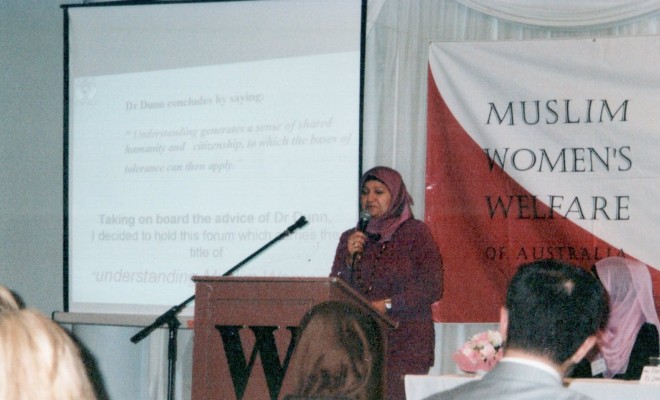
Understanding Muslim Women Forum
The MWWA ‘Understanding Muslim Women’ Forum was organized with two things in mind. The first is to raise awareness about the misconceptions of Muslim women’s rights and status in Islam, and the second is to promote a cohesive and harmonious multicultural society. We hoped to dissolve some of the stereotypes that have been the result of media misrepresentations of Muslim women as passive and unsuccessful members of our society. We also looked at the extent to which Muslim women have participated in societal development.
We worked together with women and service providers from local, state and federal organizations, who are working with people from linguistically, culturally and religiously diverse backgrounds. A panel of experienced and well-learned people in their field touched on the core problems facing Muslim Women in dealing with day to day life in Australia, and recommendations were made on improving the reception and treatment of women from all backgrounds.
The first speaker was the President of the Muslim Women’s Welfare of Australia organization, Mrs. Faten El Dana. Mrs. El Dana spoke about the status of women in Islam as well as rectified misconceptions about Islam, especially those pertaining to Muslim women. Mrs. El Dana explained that she was motivated to write this paper to discuss these issues for three main reasons. Her first reason was based on the findings of a research conducted last year by Dr Kevin Dunn who is a Senior Lecturer in Geography in the School of Biological, Earth and Environmental Sciences in the Faculty of Science at the University of NSW. Some of his survey findings were that:
- only one in six Australians has a good understanding of Islam and its followers.
- Even among the six in 10 people who professed to know something about Islam, many beliefs were misrepresentation of the religion.
- Understanding of the religion was so poor among some of the people surveyed that one person claimed Muslims believed in Buddha. In another research one respondent said: “Are they the people who can’t eat cows?”
- Overall, about one–quarter of the population resorts to stereotypes as their stated knowledge of Islam .This is a poor form of ” knowledge ” and certainly does not promote better community relations.”
Dr Dunn concluded his findings by stating:
“ Understanding generates a sense of shared humanity and citizenship, to which the bases of tolerance can then apply.”
Mrs. El Dana then explained that the second reason for writing this paper was motivated by researching the core for this high level of misunderstanding and misrepresentations of Islam and finding that there are three major causes, one of which is the inability to differentiate between cultural and religious practices. Some of the other reasons that she found were that:
- Those who write about Islam do not consult a wide variety of sources to find the truth about Islam.
- Many writers have purposely attacked Muslims for fame and fortune. A good example is the Con writer Norma khoury who fabricated stories against Islam and Muslims in order to sell her unfounded and misleading infamous books and made a fortune.
- Other writers who do not correctly understand the Qur’an and the Hadith wrongly wrote about matters which they claimed were Islamic practices, while in actual fact they are fallacies.
Finally, Mrs. El Dana explained that she wrote this paper to indicate that misconceptions about Muslim Women in Islam will be rectified by addressing the following issues independently which she has very briefly explained.
1- Status and the rights of women in Islam
- The Muslim woman’s femininity would NEVER stop her from acquiring knowledge or teaching it. Muslim women are seen at schools, in the factory, in the field, in the shop, in the house, and in hospitals.
- The Muslim woman is NOT a neglected object neither a degraded entity. Islam gave the woman her right and proper status: The son respects his mother, kisses her hand, and is obedient to her. The daughter is usually her mother’s ‘right hand’.
2- Inheritance
To explain the facts about inheritance, Allah the Almighty said in the Qur’an :وللذكر مثل حظ الانثيين
This verse means: “To the male the equivalent of the portion of two females”.
This is quite fair and justified, because men are naturally obliged to shoulder all the financial burden in a family. The woman is under no such obligation to spend her money on anyone else other than to share with her brothers and sisters in supporting her poor parents.
3- Hijab
Hijab is the covering of the head and parts of the woman’s body. One of the main reasons for Muslim women to cover their heads as ordained upon them in Islam is for preventative measures; to protect them, to uphold their rights, and to honor their status. The Hijab worn with modest clothing is a shield against any form of sexual exploitation. Wearing the Hijab does not stop women from feeling comfortable and beautiful. It does not stop them from achieving highly in academia nor restrict them from enjoying full freedom. It is not a sign of oppression NOR is it worn as a symbol of defiance as some wrongly believe.
4- The so called honour killing
Honour killing is referred to by the media as “…murder by their family for sexual misconduct”. In fact, honour killing is not allowed in Islam because it is a crime. These types of murders that are committed mainly in remote villages in some countries are a cultural and not a religious practice.
5- Clitoridectomy
Clitoridectomy is the total removal of the clitoris. It is not an Islamic practice. Where it exists, it is merely because of a cultural practice and mainly performed in some African countries. Female circumcision which is a pre-Islamic practice is still the norm in these countries and when it is malpracticed it leads to mutilation or clitoridectomy.
According to the World Health Organisation (WHO) clitoridectomy is a Female Genital Mutilation (FGM) and is performed “in cultures where it is an accepted norm, female genital mutilation is practiced by followers of all religious beliefs as well as animists and non believers….. The practice, however, predates Islam”.
6- Arranged Marriage
The common belief amongst non Muslim is that arranged marriage amongst Muslims is about parents choosing partners for their sons and daughters without consulting with them. Others also believe that parents pre-select the partners of their sons and daughters from their childhood years and force them to marry these chosen partners without their consent. Again, this is NOT an Islamic practice. It is merely a cultural practice.
Mrs El Dana then concluded that the Woman in Islam is not as many non Muslim people imagine her to be, nor as some ignorant lay Muslims may propagate. She is not a slave in her own home nor is she an instrument for the husband to use as he wishes. By God, these misconceptions do not exist in Islam.
The second speaker at the forum was Ms Amal Taki, Centrelink’s Multicultural Services Officer. The title of her presentation was ‘Making a difference to Multicultural Australia’.
Amal explained that Centrelink is one of Australia’s leading Departments providing numerous supportive and multicultural services. It operates under the Department of Human Services and delivers services and payments on behalf of a number of Government Departments. Furthermore it assists people to become self sufficient and improves their chances of finding employment.
She mentioned that Centrelink staff is continuously faced with challenges when dealing with such a diverse society particularly the Muslim women. Due to stereo- typing and misconceptions about the Islamic religion (portrayed by the media), staff are constantly being trained and educated to effectively deal with issues that are faced by Muslim women within Australian society.
Amal also explained the importance of this training which is fully supported by Centrelink in an effort to advance services to a diverse customer base particularly women from an Islamic Background. These services empower women to further their education, increase their confidence and provide opportunity to find employment that balances their home and social responsibility.
Our third speaker was George Campbell. George is a councilor at Auburn Council. He has taught English to adult migrants since 1983 and currently works with the adult migrant English Service at Bankstown (ACES). He told the audience about the implications of Muslim women learning English and encouraged those who haven’t enrolled in such courses to do so at their earliest convenience.
The fourth speaker was Mrs Fatima kourouche who is currently employed by the AASC as State Adviser under the All Australian Sporting Initiative which addresses the declining levels of activity amongst primary school aged children and unsupervised after-school activity. Fatima spoke about the opportunities opened for women to participate in sports and sporting events.
Mrs Kourouche outlined the following points:
Barriers for Community
- Personal responsibility to other / extended family members
- Social / Financial priority
- Travelling to various venues
- Having needs understood
- Afraid to explore unknown
- Needs not addressed
- Affordability
- Commitment
- Communication barrier
- Isolation
Difficulties in planning –
Service Providers
- Recruitment
- Maintaining commitment from target group
- Pressure /criticism to invest (use “tax payers money”) for minority groups
- Discrimination Board – Segregation of the sexes
- Parent / Community Support
- Building Rapport and trust with community
- Funding
How can we increase female participation in sport?
- Empower and support one another
- Take an active role in sporting organisations
- Cultural awareness training to members
- Address cultural religious barrier
- Provide more opportunities for women to participate / train
- Different needs for female to participate
- Employ more females in coaching management roles
- Provide flexibility
- Provide Women only space/ activities
Our last speaker was Ms Omeima Sukkarieh, the Acting Senior Policy Research Officer for the Human Rights and Equal Opportunity Commission (HREOC).
Omeima spoke about Muslim women and human rights, and the ways in which we can participate in social change.
Omeima discussed the aims and achievements of HREOC in fostering greater understanding and protection of human rights in Australia and addressing the human rights concerns of a broad range of individuals and groups.
She explained the results of the 2003 HREOC project called Ismaﻉ: Listen which was about National consultations on eliminating prejudice against Arab and Muslim Australians. During this project HREOC consulted with over 1,400 Arab and Muslim Australians around Australia. Participants described their experiences of race and religious discrimination and vilification since the September 11 and Bali bombings. The Ismaﻉ Report found that women, in particular Muslim women wearing the hijab, usually bear the brunt of racial and religious discrimination experienced by Arab and Muslim Australians. The Report also found that most incidents raised in the consultations were not reported to police or other government authorities or even services, due to fear of victimisation; lack of trust in authority; lack of knowledge about the law and complaints processes; the perceived difficulty in making a complaint and the perception that outcomes were unsatisfactory.
Ms Sukkarieh said that there are many barriers to active participation in any change or service. The biggest impact on the Muslim and Arab community of racism is fear and distrust. One way of breaking this cycle is to have more opportunities for dialogue with Muslim women. Ensuring Muslim women know about their rights is one step but we can only do that by informing ourselves. They need to know that they have a right to not be discriminated against in employment, when buying a house or renting, in any kind of education such as school or university, when buying or hiring something such as a car, or when seeking help from government departments, lawyers, doctors, or even when using restaurants and so on.
Ms Sukkarieh also spoke of other strategies we could use which migtht include the development of policy and procedures within workplaces on community participation and integration and ensure that community participation is embedded and written within existing policies and procedures. Programs and services also need to be provided in a way that facilitates the integration and participation. In order for someone to want to participate and feel included, they need to be involved in decision-making processes of the development of institutions, for example, through advisory groups.
We should also make the greatest possible use of community facilities and services already available to the community. Getting to know our communities and establishing trust and credibility is vital. We can do this through community organisations and key people in the community. This also includes attending, participating in and supporting events. Be aware and take note of the important issues that arise within the communities.
People often have a general image of the oppressed Muslim woman deprived of her rights. This perception focuses first and foremost on Muslim women as passive victims of human rights violations, not as independent women working to shape their lives and their societies. But we also know that that reflects neither the reality nor the self-perception of the women concerned. We must provide information and hold forums such as these as an avenue to aspire to break out of the limitations set for us and by us.
Now more than ever, we have a responsibility to replace fear with trust, suspicion with dialogue, ignorance with knowledge and understanding. We need to ask ourselves how Muslim women and girls are treated in Australia. How can we help empower them to participate in positive social change? What barriers and obstacles do they face? How can these best be overcome? And most importantly how can we overcome them together? And on international women’s day, today this is a great start.
*****
At the conclusion of the Forum and after listening to the panel’s views and recommendations to improve the reception and treatment of women from backgrounds, discussions followed and were quite helpful in that they clarified some of the topics in question.
Since our aim was to raise awareness of the misconceptions of Muslim women’s rights and status in Islam and to promote a more harmonious proud Australian multicultural society, we believe that we have reached these aims at this forum. However, there is always room for improvement and more discussions are always welcomed with such sensitive social issues, thus we hopefully will continue with our mission to educate each other by holding forums such as this one, for a better Australia.
– Spokeswoman Vittoria Hall said customers should ensure the nail technician is fully qualified and holds a certificate I or II in nail technology from a registered institution.
She said salons should clean each implement with a sanitisation product between customers. In cases where blood was drawn, the implement should be sterilised in an autoclave or soaked in solution for up to 24 hours.
“If the salon staff pick up implements from somewhere else and they look dirty, if there is dust on the table or the implements, if the towel isn’t clean, the customer should walk out,” Ms Hall said.
Staff at salons approached by The Sun-Herald said that they maintained a high level of cleanliness and hygiene.
Rosie Tran, from Rosies Nails in Neutral Bay, said she had a certificate II in nail technology, but not all manicurists shared her level of qualification. “We clean straight away after we use equipment and we have got a special machine to sterilise tools,” Ms Tran said.
Jenny Tran, from USA Nails in Potts Point, said all equipment was cleaned between customers and the salon also had an autoclave which sterilised scissors for cutting cuticles.

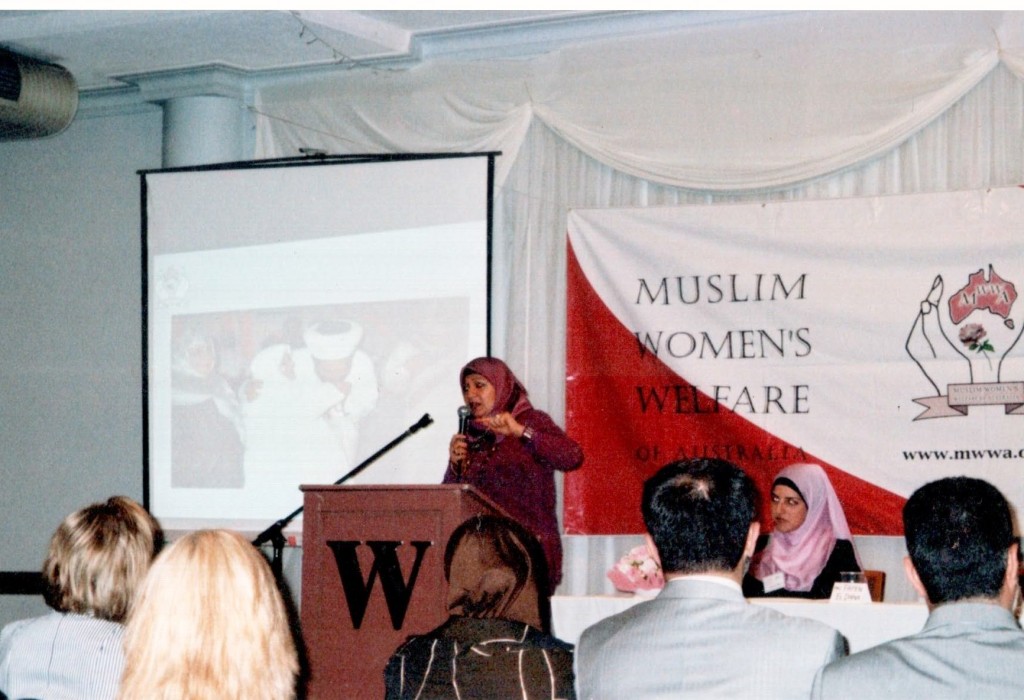
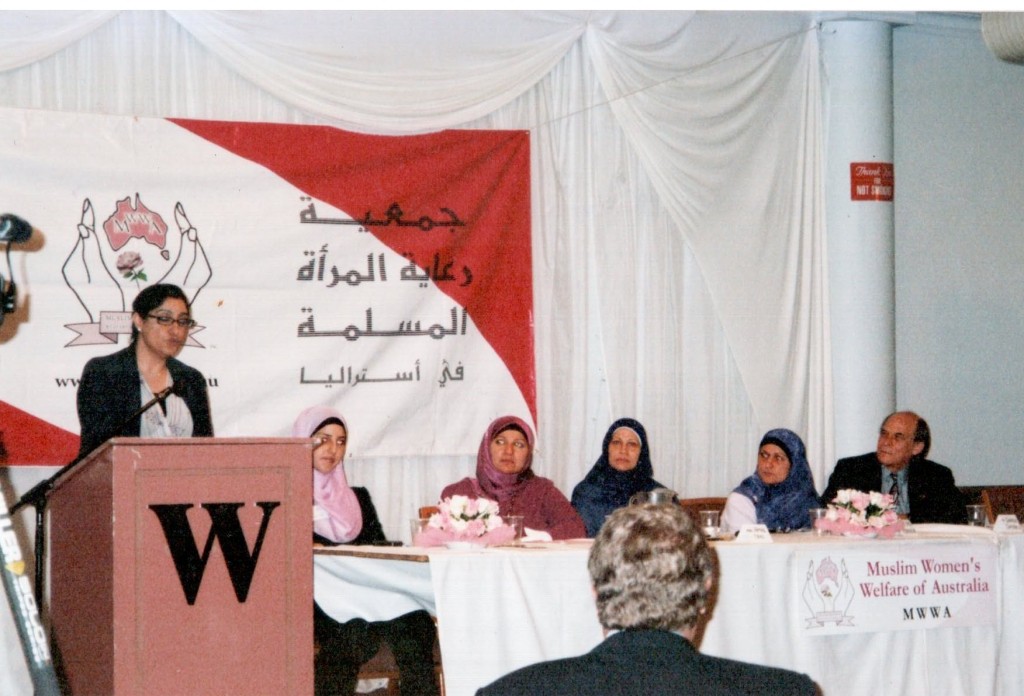
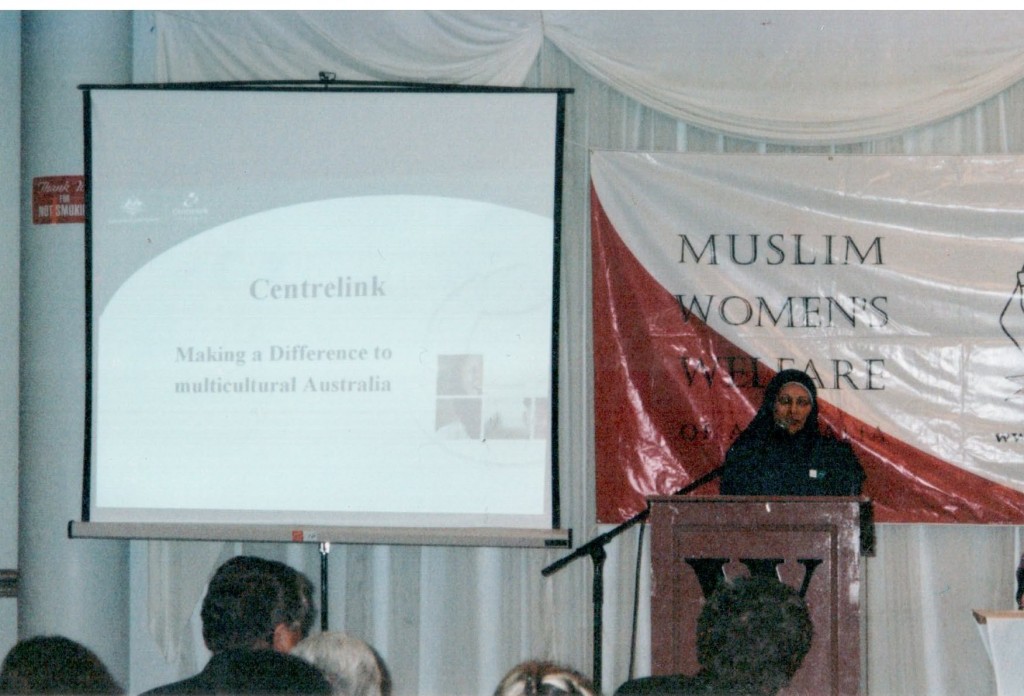
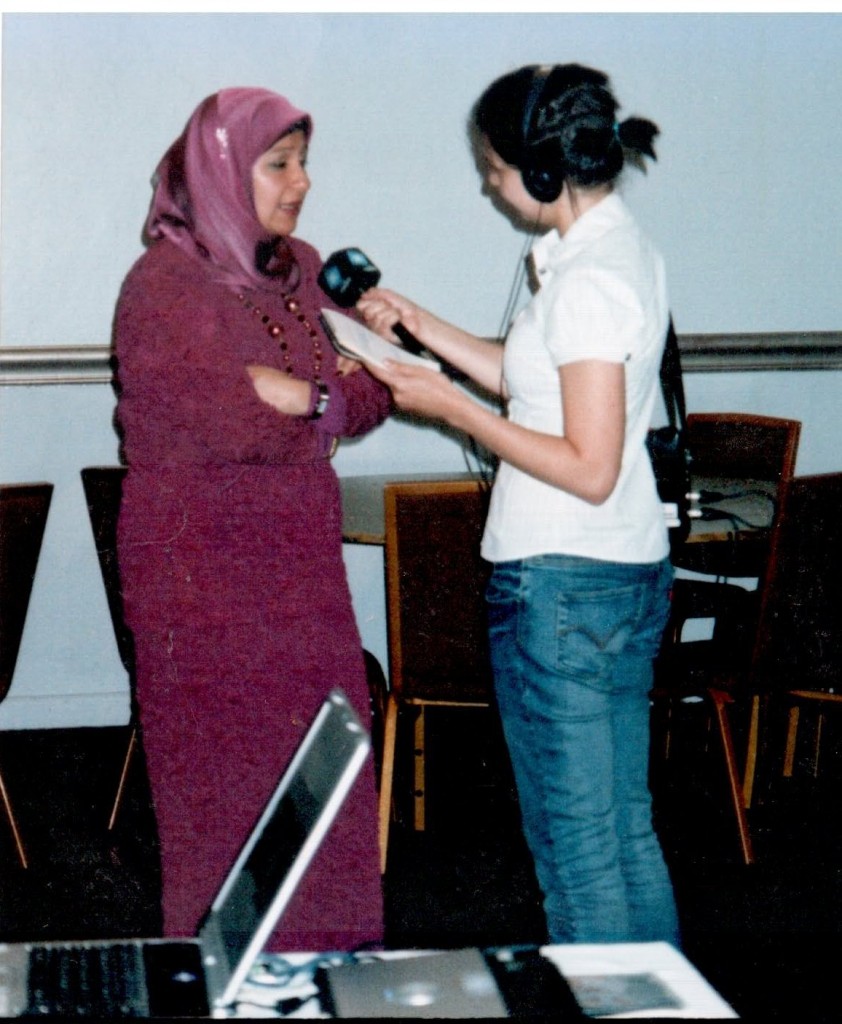
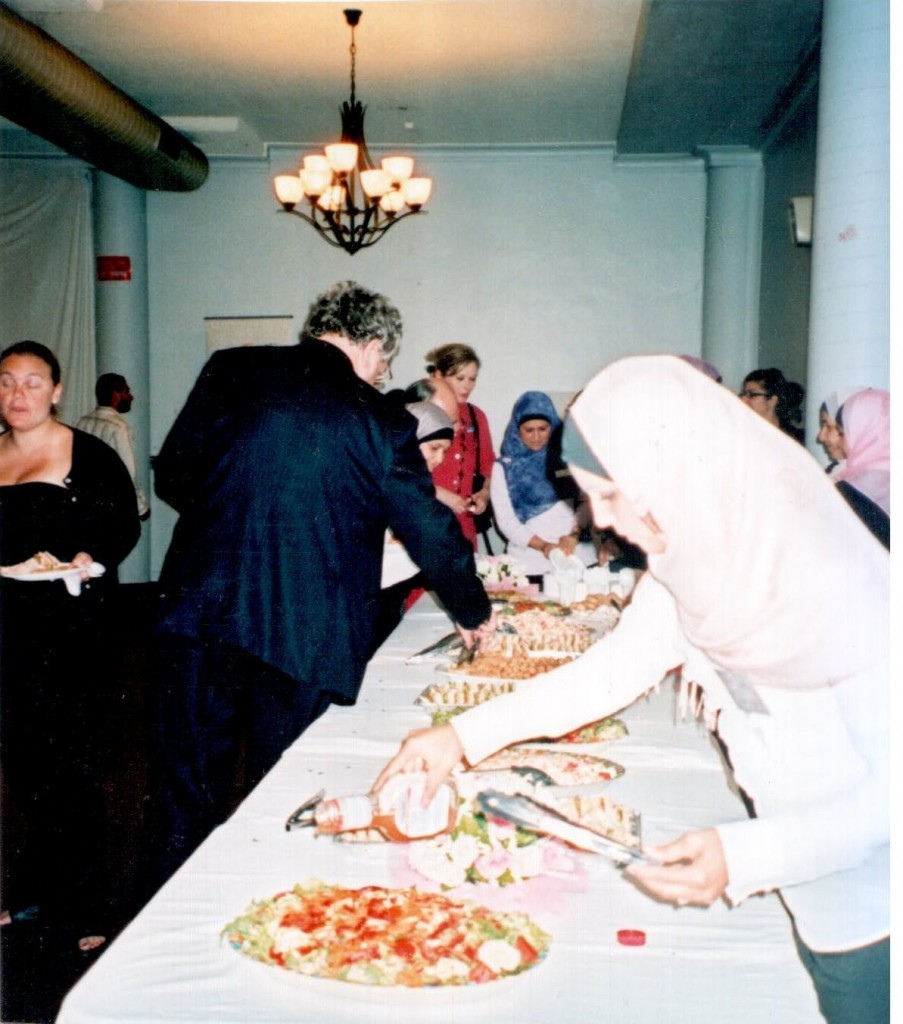
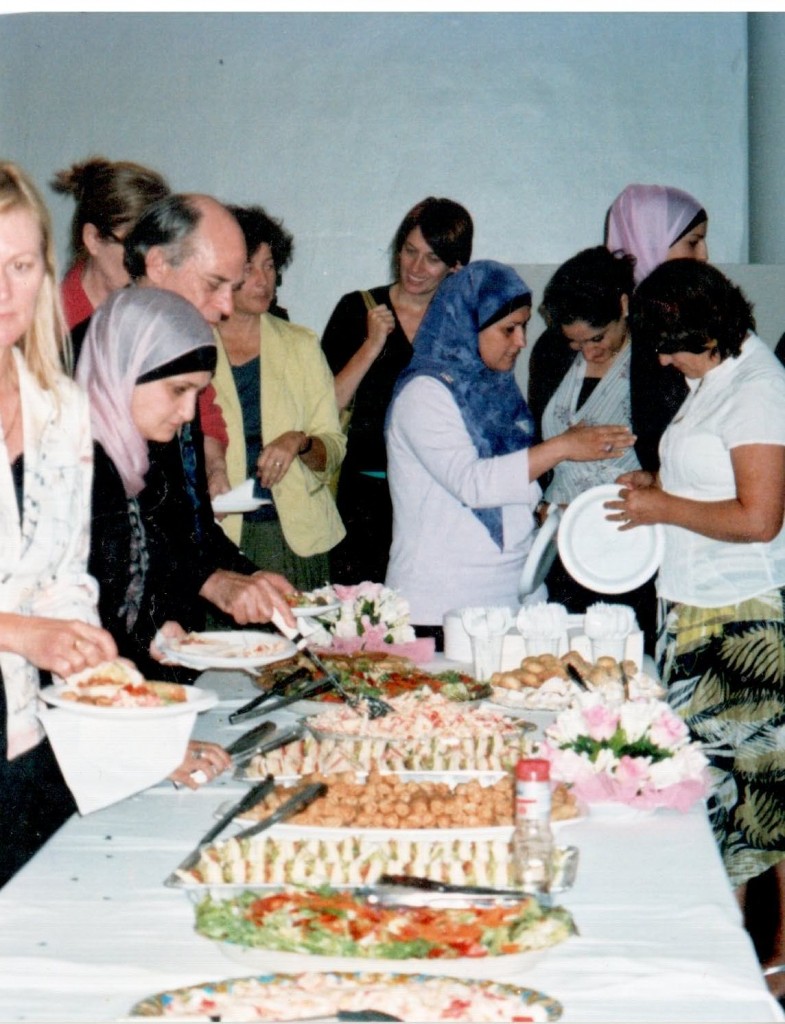
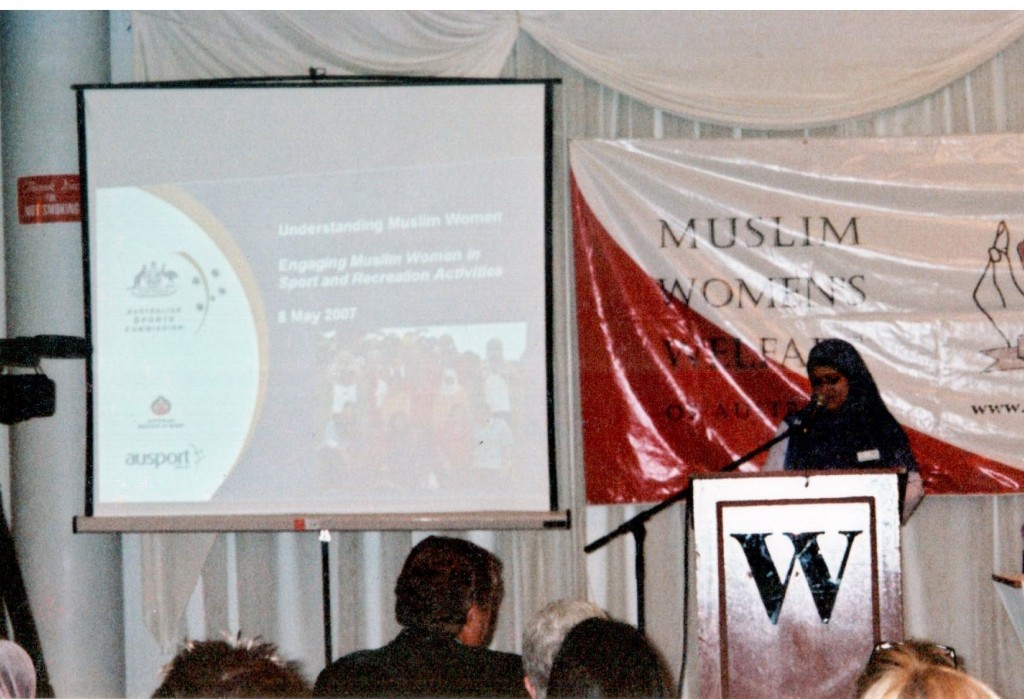
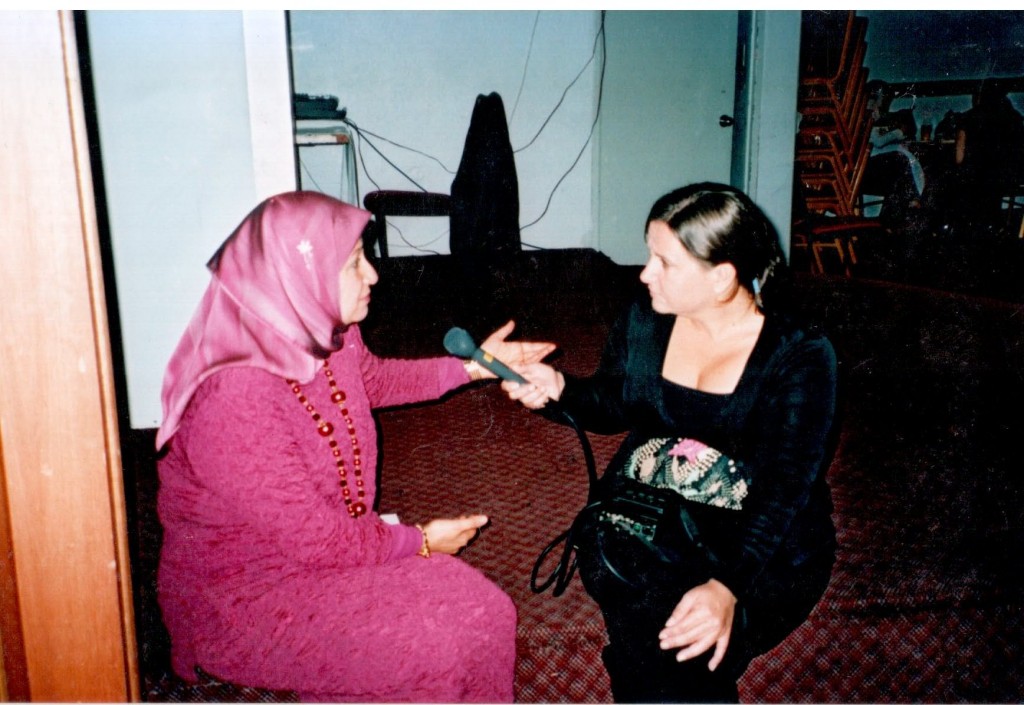
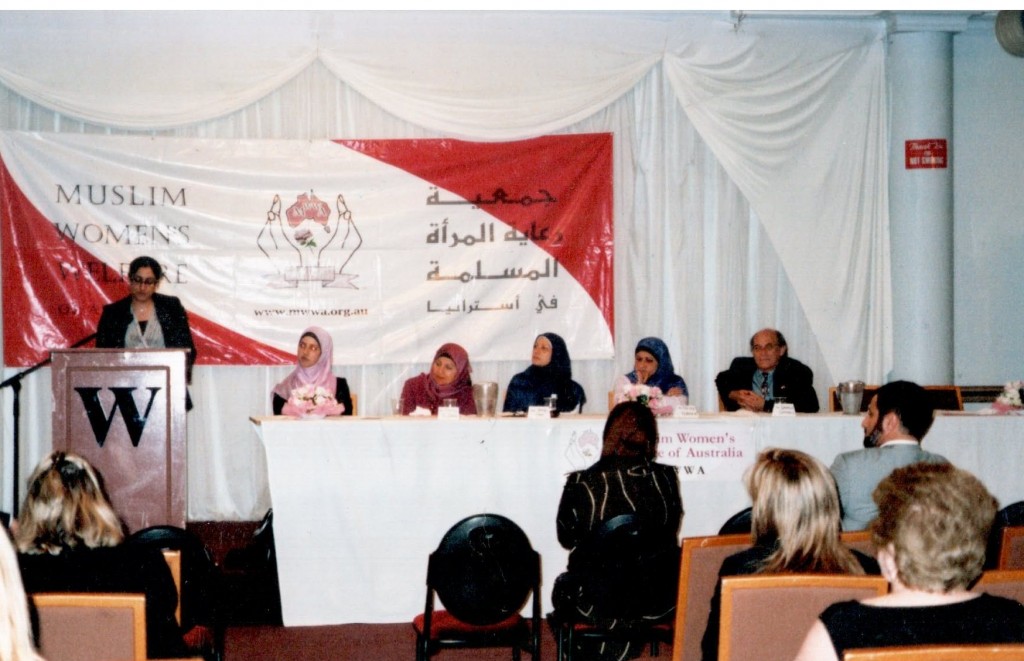
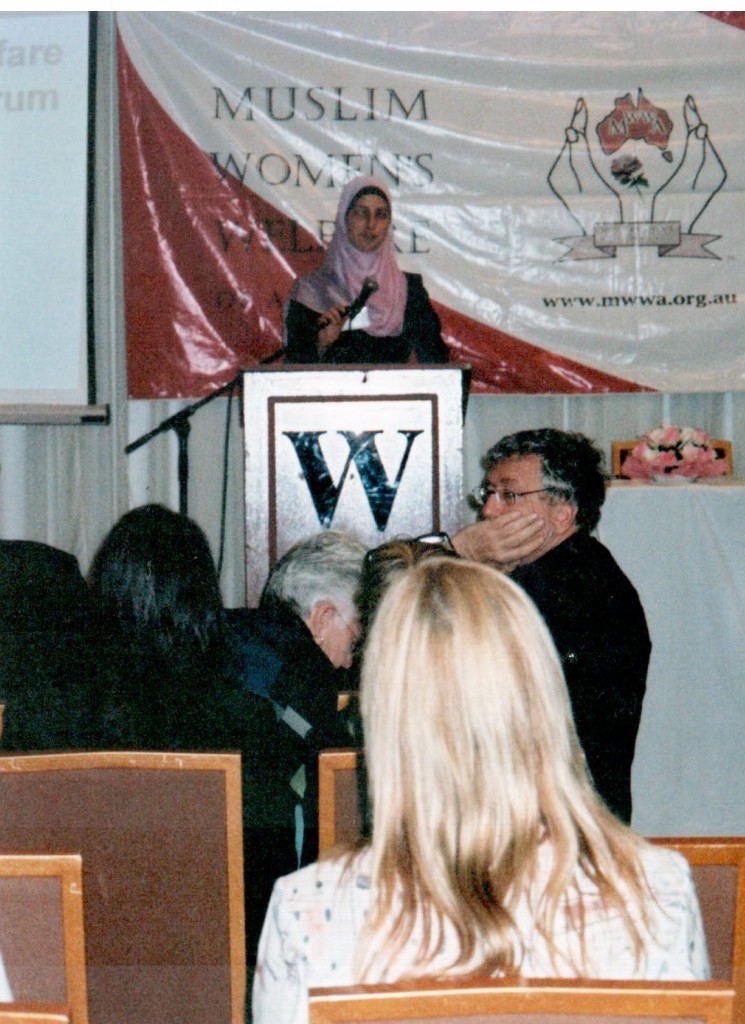
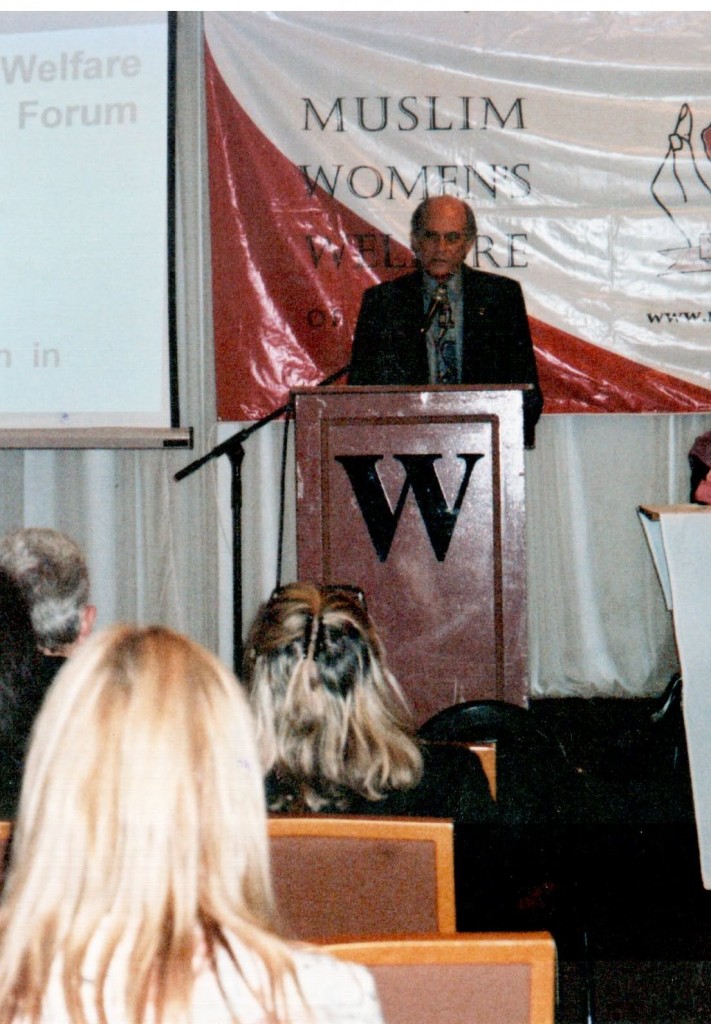
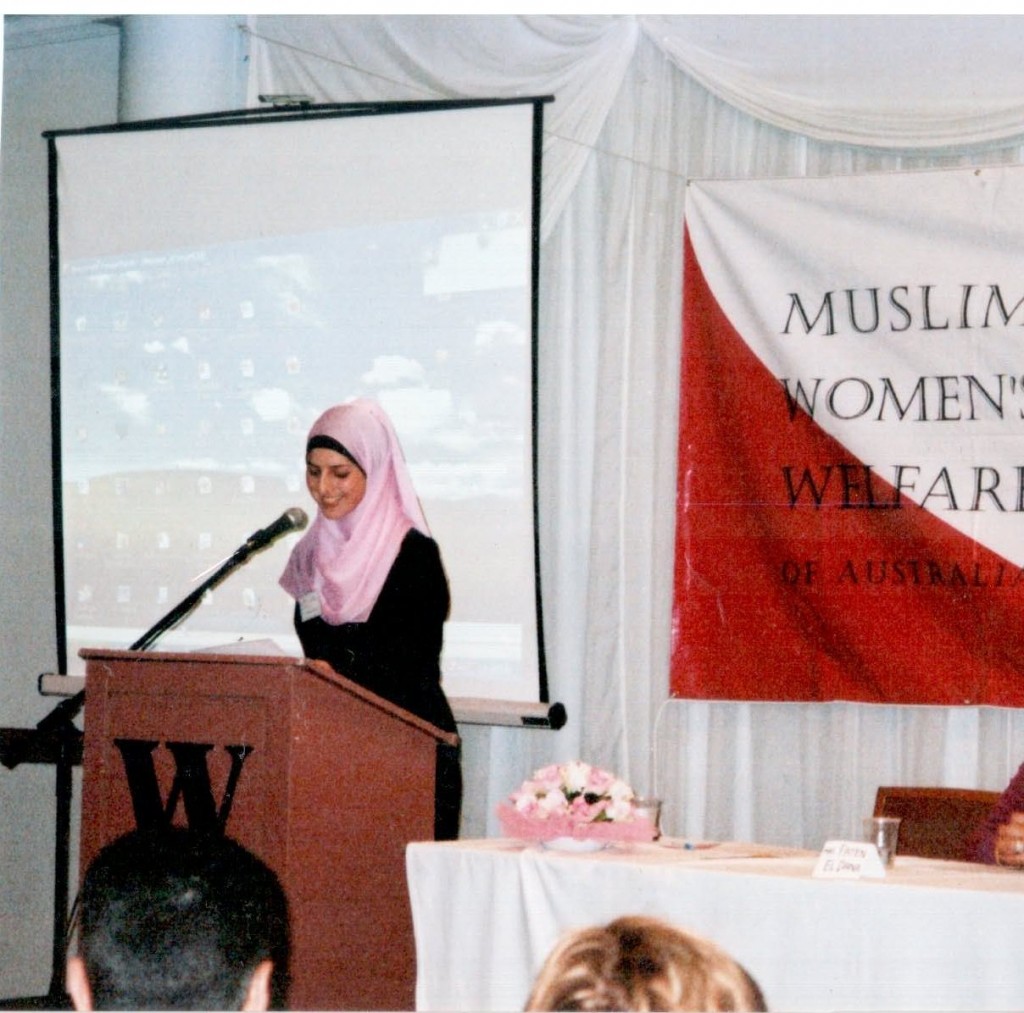
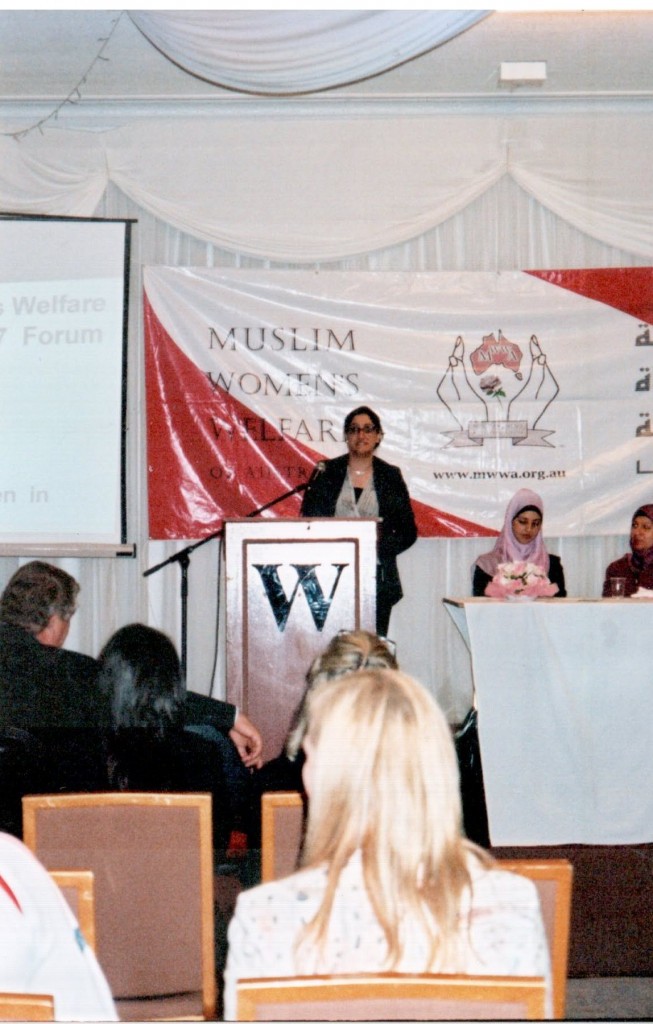
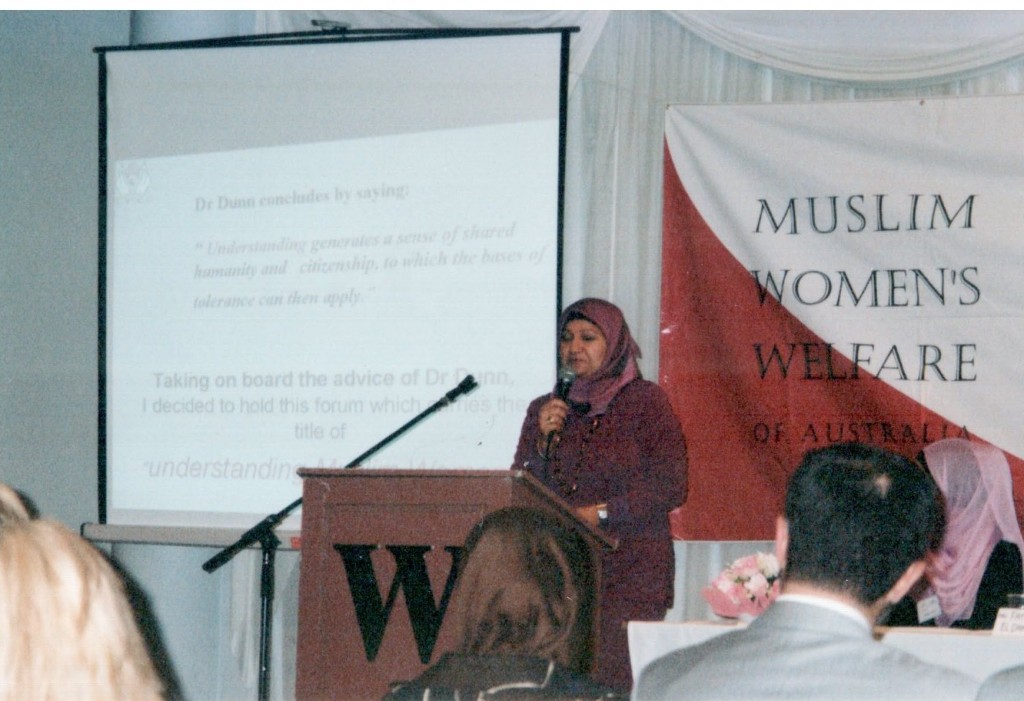
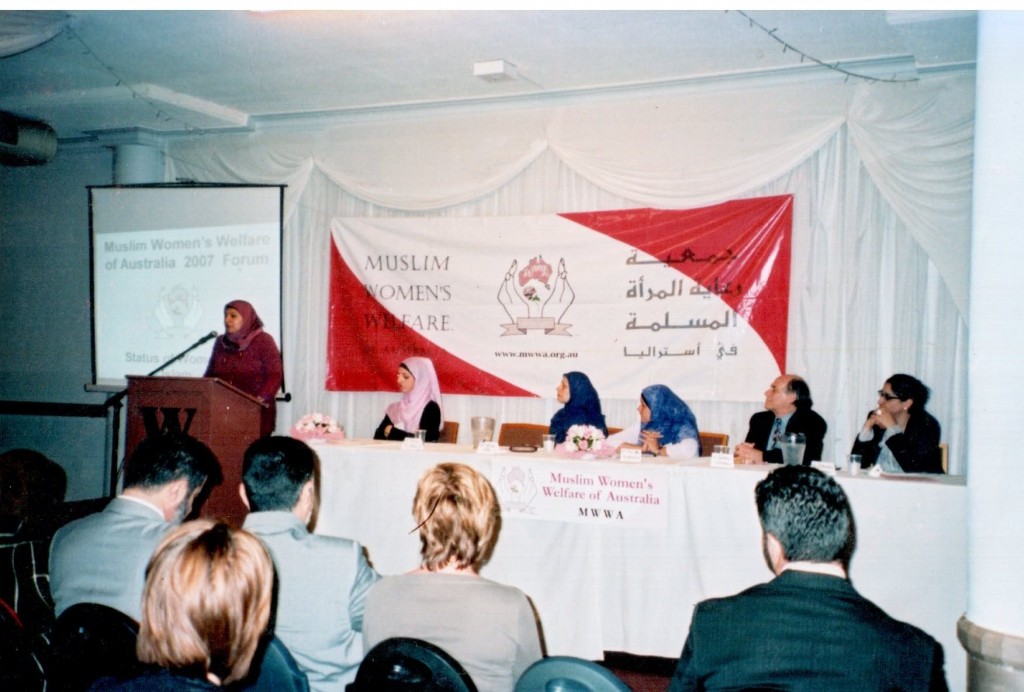
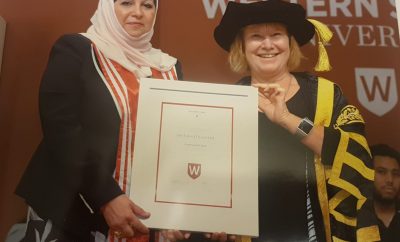
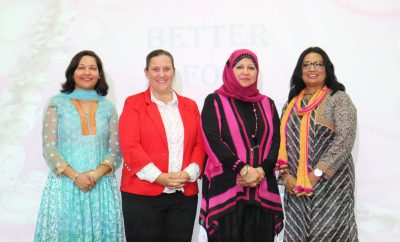
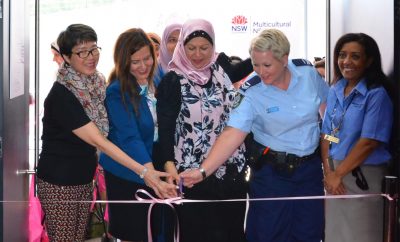


You must be logged in to post a comment Login